Ever heard the saying, "Secondary teachers are the architects of the future"? It's true! These passionate educators play a vital role in shaping young minds during a critical time in their skill and professional development. So, if you're passionate about education and have a knack for inspiring teenagers, then becoming a secondary teacher in Australia could be the perfect career path for you.
This blog is your one-stop guide to navigating the exciting journey of secondary teaching. We'll break down the steps involved, highlight valuable qualifications, and explore the skills you'll need to thrive in the classroom.
Let's get started on making your dream of inspiring young minds a reality!
The Path to Becoming a Secondary Teacher in Australia
Step 1: Qualifications
The most common pathway to becoming a secondary teacher is through a Bachelor of Education (Secondary) degree. This is a four-year graduate program offered by many universities across Australia. These degrees are designed to equip you with the knowledge and skills you need to be a successful teacher, based on the Australian Institute for Teaching and School Leadership (AITSL) National Professional Standards for Teachers.
Make sure your chosen degree program is accredited by the Australian Curriculum, Assessment and Reporting Authority (ACARA). This accreditation ensures you'll be qualified to teach specific subjects in secondary schools, like Science or Math.
What if you already have a bachelor's degree in another field but still have that teacher dream burning bright? Don't worry! You can still become a secondary teacher by completing a Master of Teaching (Secondary) degree. This postgraduate program allows you to gain the necessary teaching qualifications in a shorter timeframe.
Step 2: Registration & Practical Experience
Once you've got your teaching qualifications sorted, it's time to officially join the teaching team. Here's what you need to do:
Teacher Registration: Think of this as your official license to teach! Each state and territory in Australia has its Teacher Registration Board, so you'll need to register with the one in your area. Here are the handy links to get you started:
New South Wales: Approval to Teach
Victoria: Teacher Registration
Queensland: Teacher Registration
Practical Placements: Remember those teaching placements you did during your degree or Master's program? Well, guess what? They were preparing you for the real deal! These placements give you invaluable experience in the classroom, allowing you to put your teaching knowledge into practice and get a feel for what it's like to manage a class of students.
Exploring Your Teaching Specialty
So, you've decided to answer the call and become a teacher in Australia! But with so many subjects to choose from, where do you even begin? This is where exploring your sweet spot – the intersection of high national demand and your teaching passions – becomes crucial.
Government Resources to Guide You:
The good news is you don't have to navigate this solo. Here are some handy government resources to get you started:
National Careers Institute: Labour Market Insights - provides insights into current and future skill needs across Australia, including the teaching profession.
Department of Education websites: Each state and territory has a dedicated Department of Education website. These often have sections outlining subjects experiencing high demand in your specific region. GOVERNMENT EDUCATION DEPARTMENTS
Finding Your Teaching Spark:
Now, let's talk passion! Teaching a subject you genuinely love makes a world of difference. Imagine igniting a student's curiosity for science experiments or sparking a lifelong love of literature through captivating discussions. When you're passionate about your subject, it translates into engaging lessons and a more fulfilling teaching experience.
Here's a quick brainstorming tip: Think back to your school days. Were there subjects that captivated you? Did you have inspiring teachers who made learning exciting? Those experiences can be valuable clues to your teaching passions.
Remember: High demand and personal passion can go hand-in-hand. For instance, Science and Math are consistently high-demand subjects, but if you have a natural curiosity about the world and enjoy problem-solving, these could be perfect matches for you.
The Skills You Need to Succeed
Let's learn the essential skills that will set you apart and make your classroom a haven for learning.
1. Communication & Collaboration
Think about it: teaching is all about connecting with your students, both individually and as a whole class. That's where excellent communication skills come in. You'll need to explain complex concepts clearly, adjust your teaching style to cater to different learning needs, and actively listen to your students' questions and concerns.
But it doesn't stop there! Collaboration is key too. Working effectively with colleagues, parents, and even the wider school community fosters a supportive learning environment for everyone.
2. Classroom Management:
Imagine a classroom buzzing with engaged students – that's the dream! To achieve this, strong classroom management skills are essential. You'll need to establish clear expectations, set boundaries that support learning, and create a positive and respectful environment where everyone feels comfortable participating.
3. Passion & Resilience:
Let's be honest, teaching isn't always a smooth ride. There will be challenges, unexpected situations, and moments where you might need to dig deep. But here's the thing: a genuine passion for education will keep you motivated and inspired. It's that spark that ignites a love of learning in your students, even when things get tough.
And alongside passion comes resilience. Teaching requires the ability to adapt, embrace new strategies, and learn from experience. Remember, even the most seasoned teachers face challenges – it's about how you bounce back and keep moving forward that truly matters.
Boost Your Skills with Additional Qualifications
While a teaching degree equips you with the fundamentals, additional qualifications can give you a competitive edge and open doors to new opportunities. Here's where Learning Options come in!
Trainer Assessor Course: TAE40122 Certificate IV in Training and Assessment: This nationally recognized qualification is a valuable asset for any teacher. It helps you with the skills to design and deliver engaging lessons, assess student learning effectively, and provide constructive feedback. This not only benefits your students but can also open doors for career advancement in areas like vocational training or leadership roles.
Diploma of Vocational Education and Training: If you aspire to leadership positions within the education sector, then the Diploma of Vocational Education and Training could be the perfect next step.
Becoming a secondary teacher is a journey filled with challenges, growth, and immense satisfaction. Imagine the feeling of witnessing a student grasp a new concept or the pride of watching them blossom into confident young adults.
If you're passionate about education and ready to make a lasting impact, take that first step today!
Contact Learning Options Now!
FAQ
What is the job of a secondary teacher?
Answer: Your duty is to help students progress and prepare them for university education. As a secondary teacher, you specialize in one or more topics or work alone with a certain set of pupils.
Should I become a secondary school teacher?
Answer: Subject specialization is one of the most important elements to consider when picking between elementary and secondary education. Are you enthusiastic about a specific subject, such as physics or art? If so, you're probably best suited to be a secondary school teacher.
What is the purpose of basic and secondary education?
Answer: Primary and secondary school are critical for developing important social and emotional skills including communication, empathy, and collaboration. Secondary school expands on these abilities, encouraging students to connect with other groups and manage increasingly difficult social situations.
What is the finest course for secondary teachers?
Answer: A Bachelor of Education (BEd), Bachelor of Arts (BA), or Bachelor of Science (BSc) degree, as well as completion of a postgraduate teacher training course at a university or college, are required.
Can a primary teacher teach in a secondary school?
Answer: If you have Qualified Teacher Status (QTS), you can teach at either the primary or secondary levels. However, the jobs are very different.

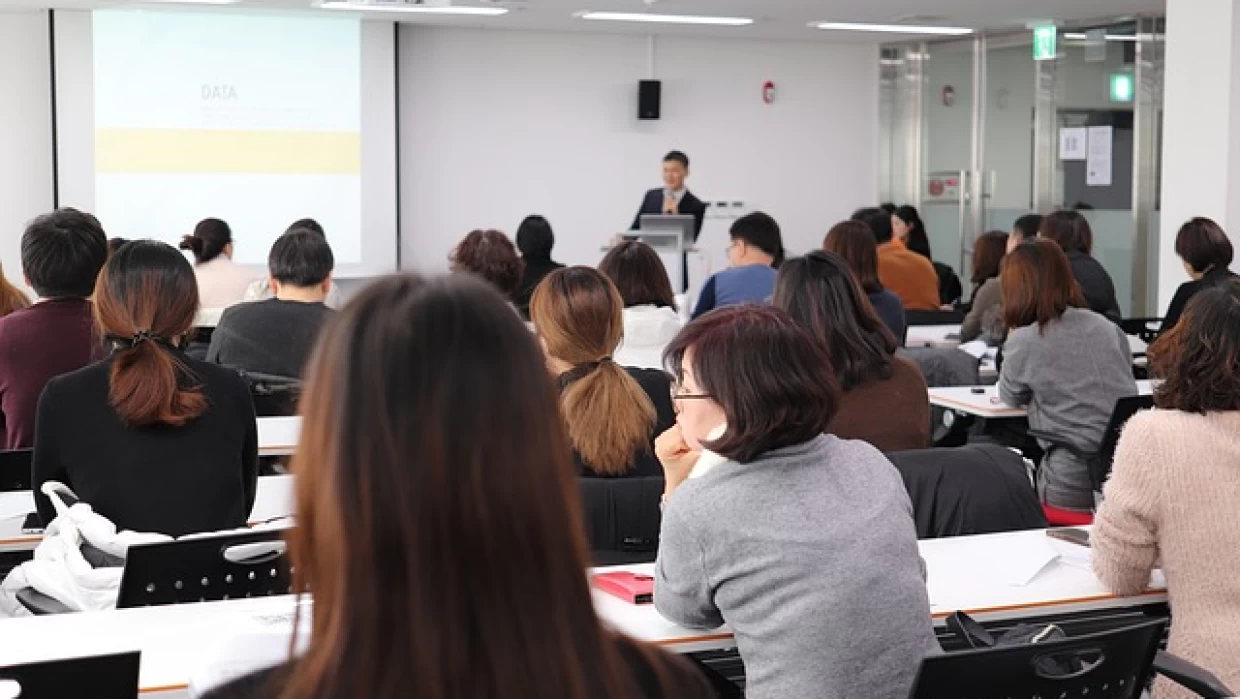



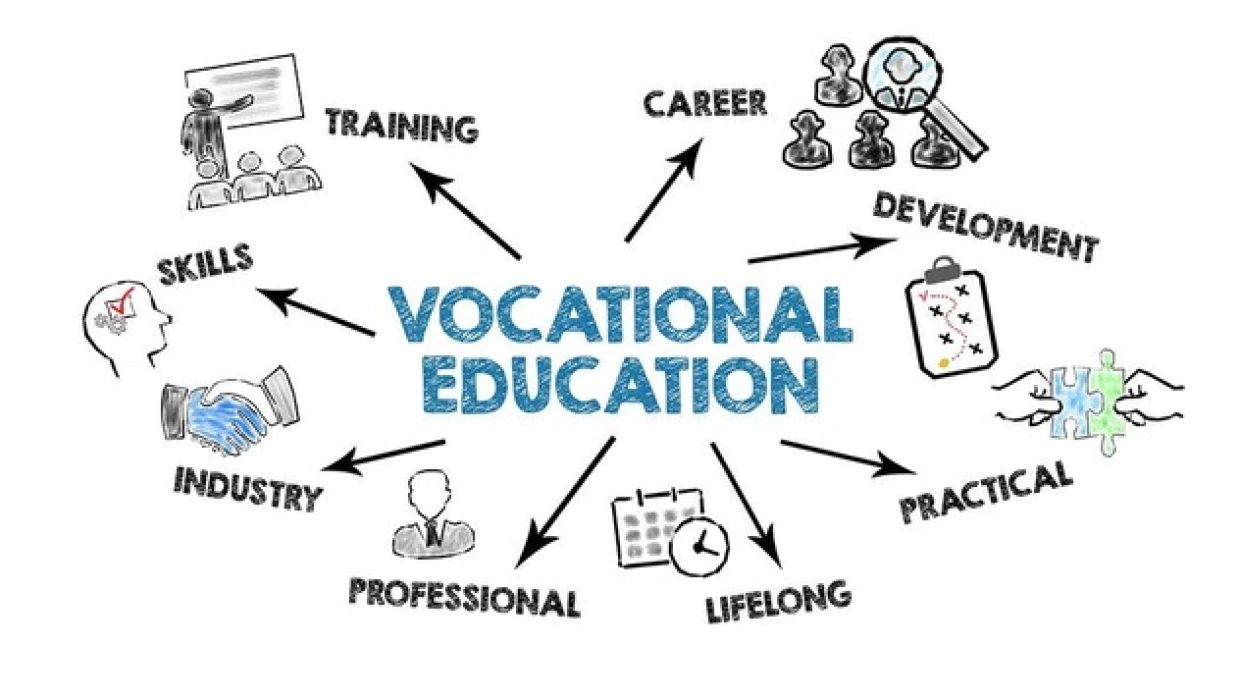
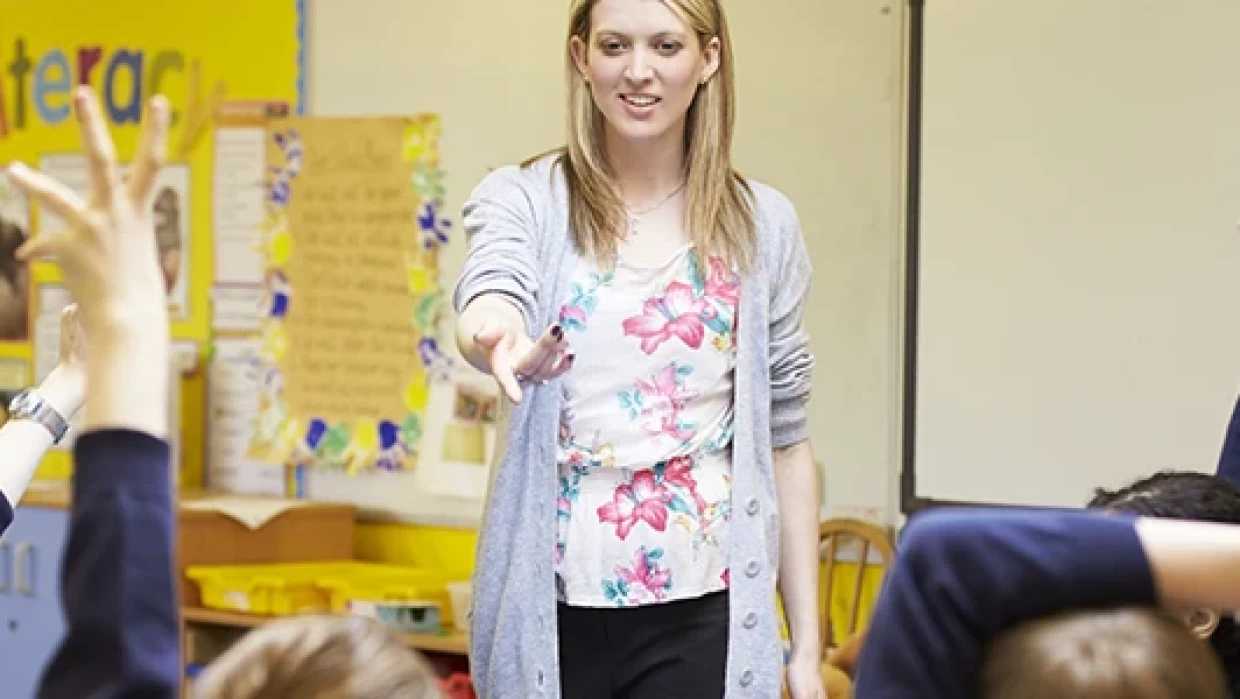

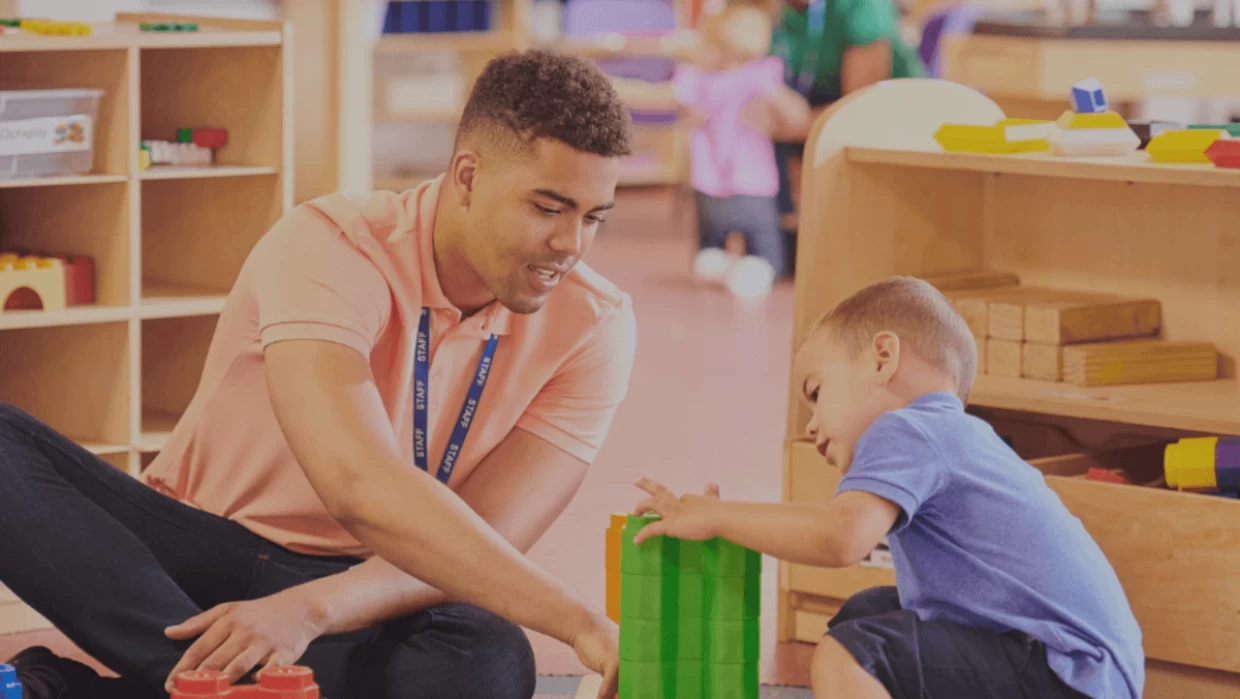

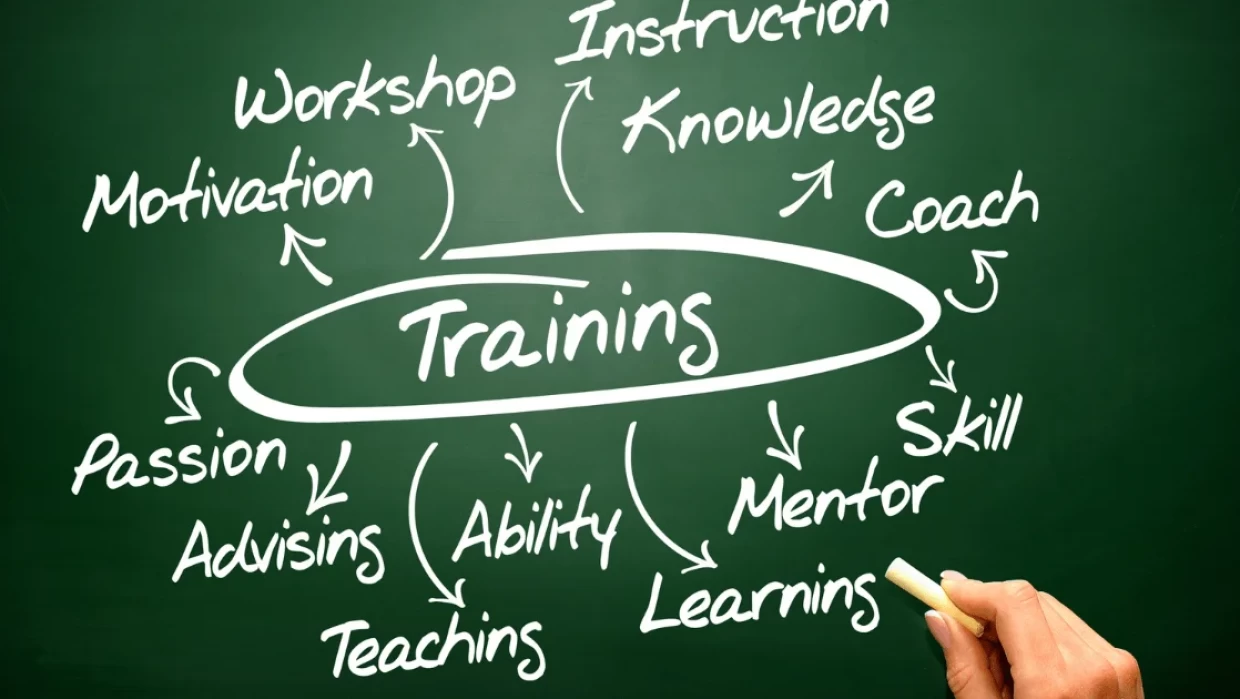

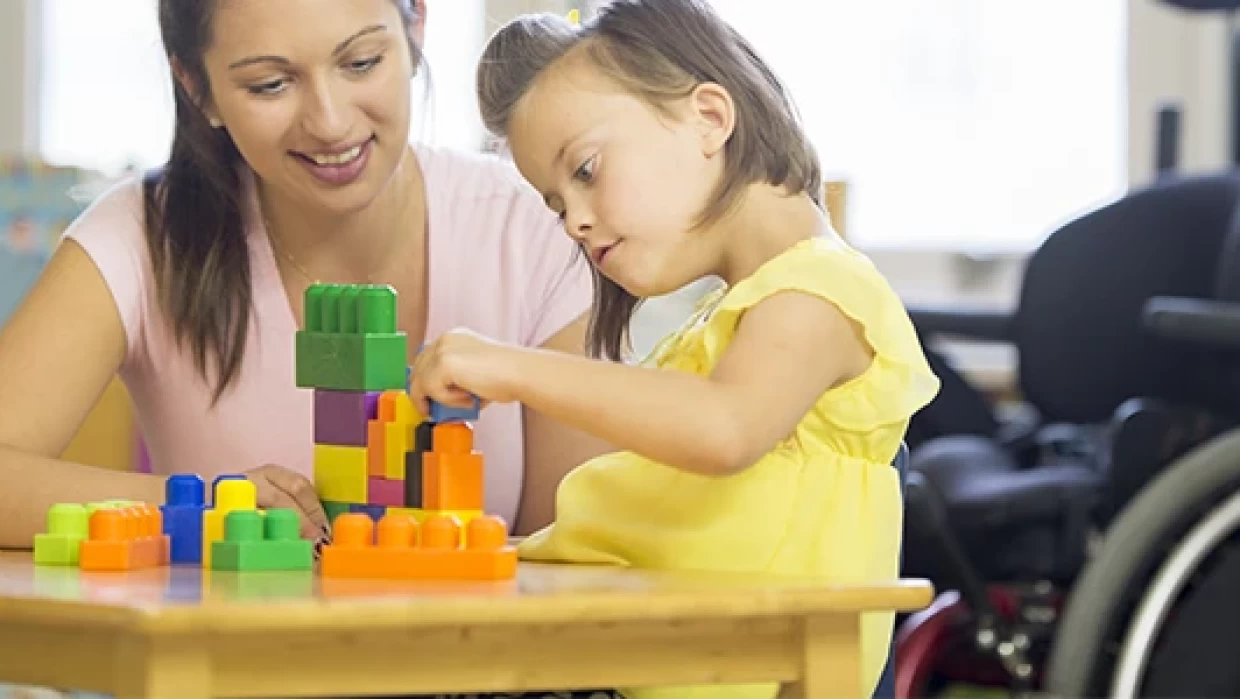
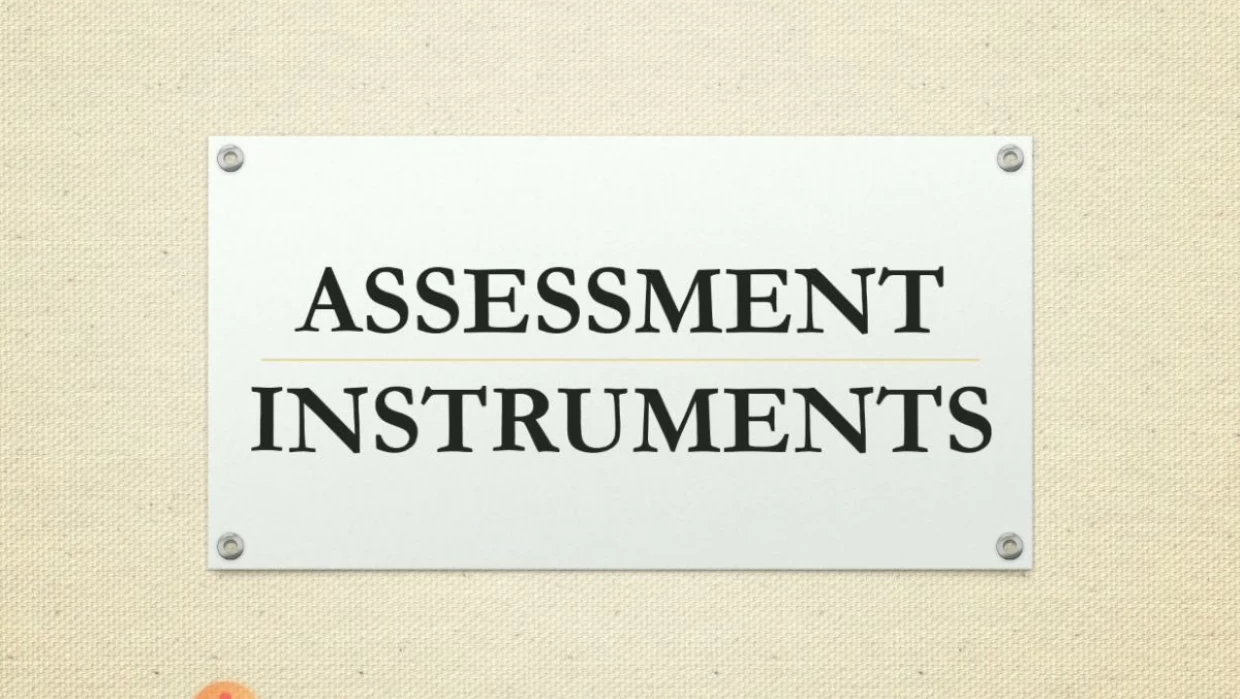





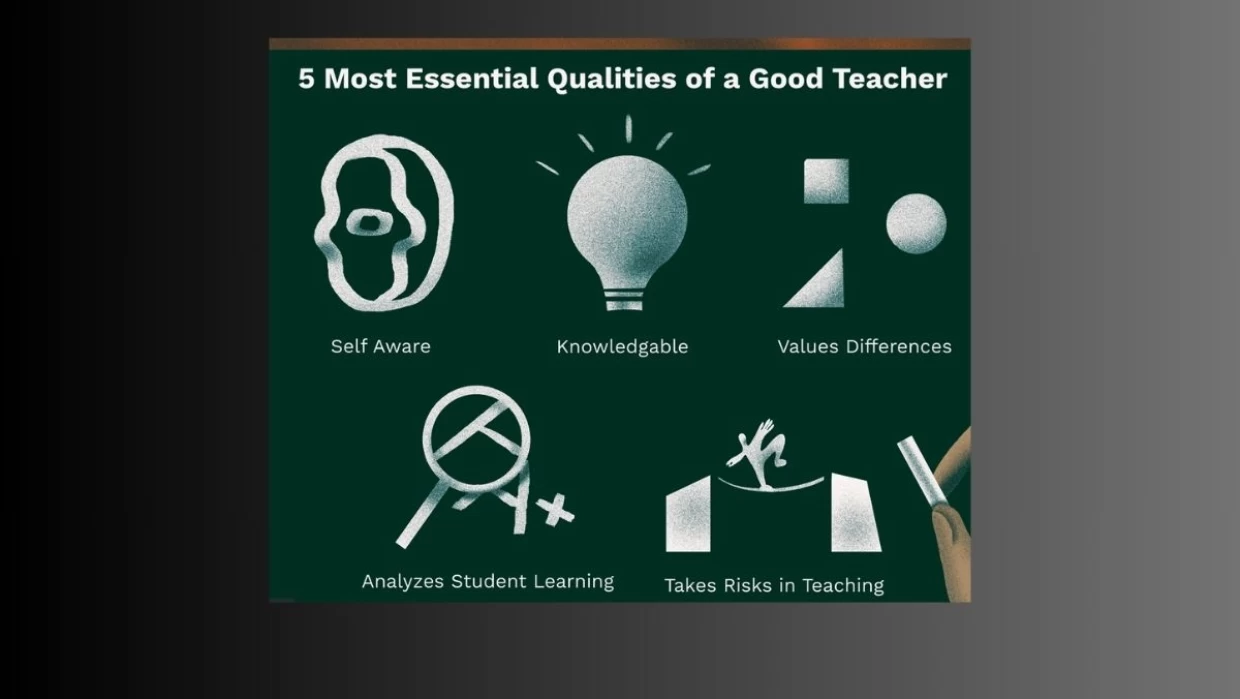
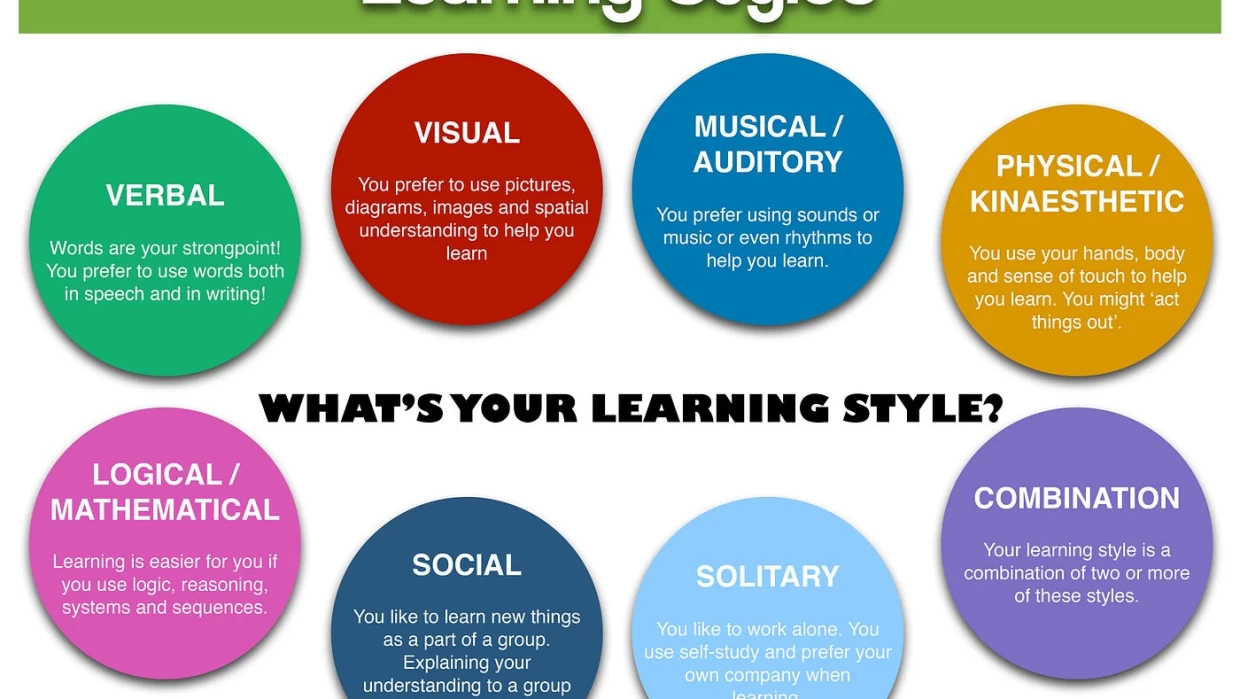
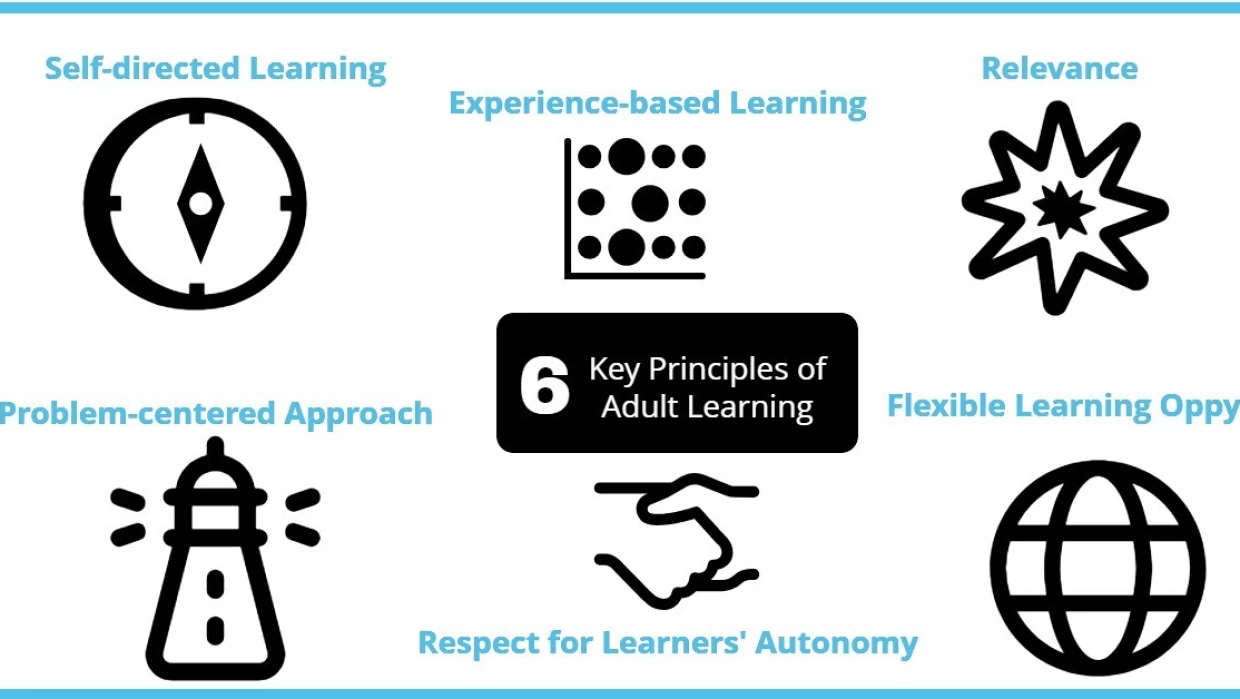



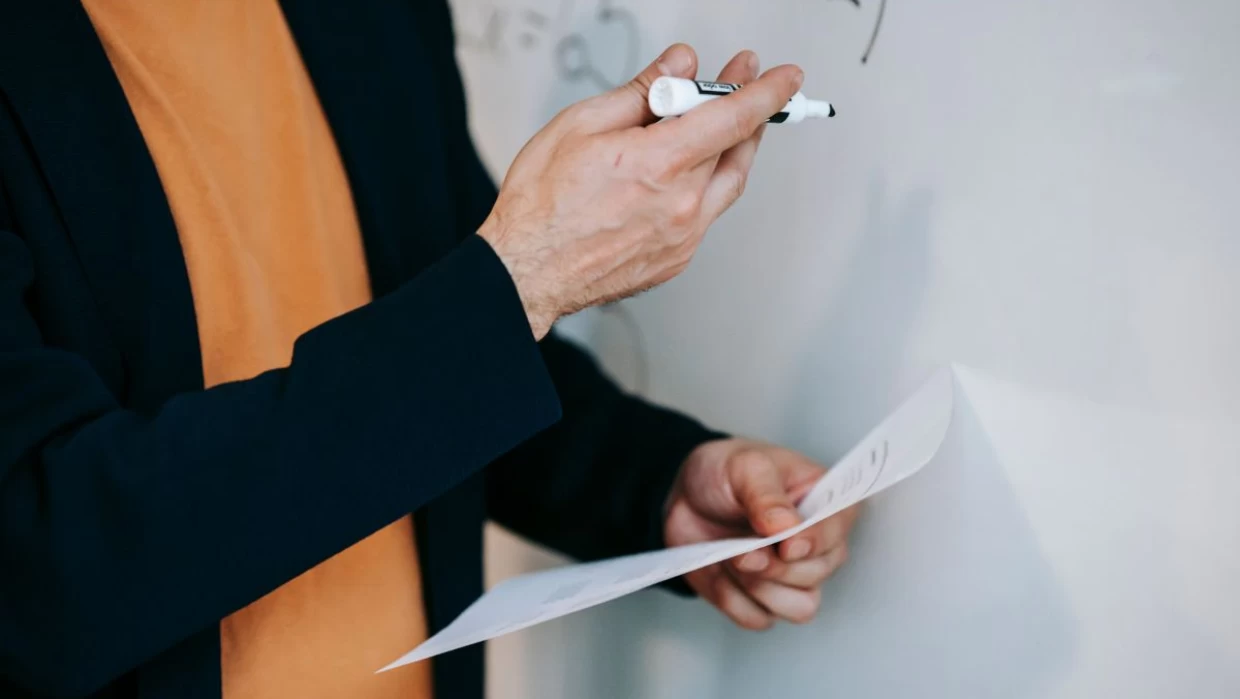

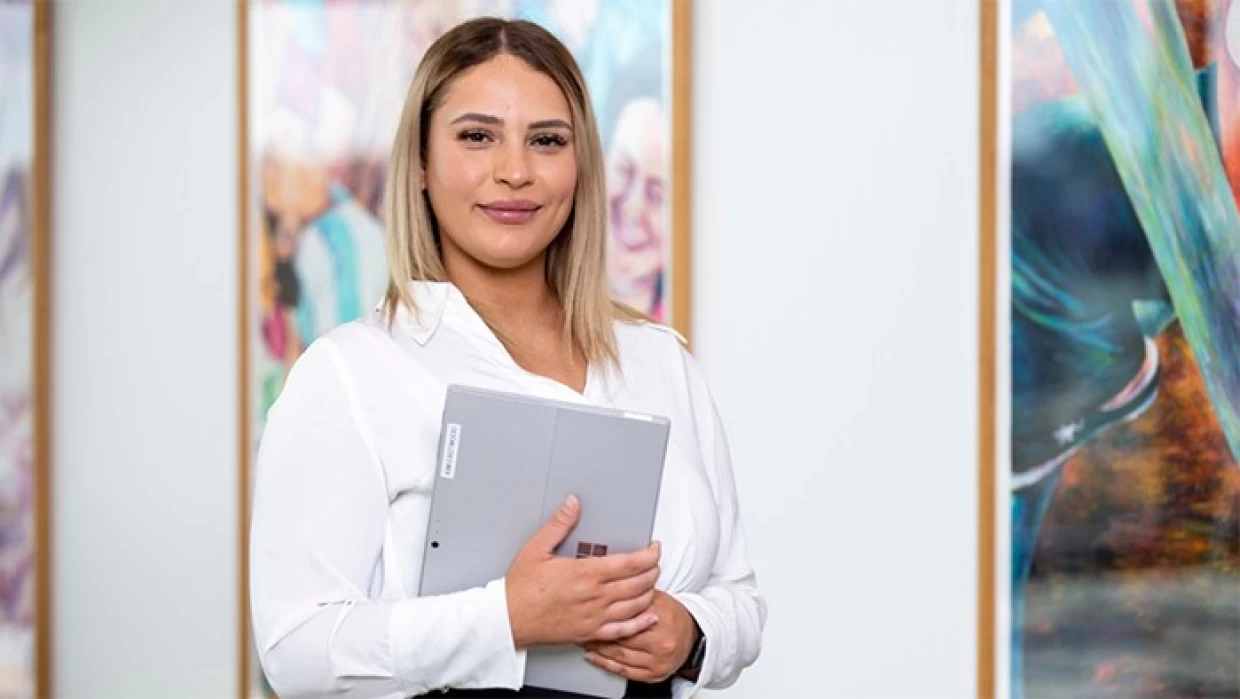








We would be delighted if you could get in touch with us.
Your email address will not be published. Required fields are marked